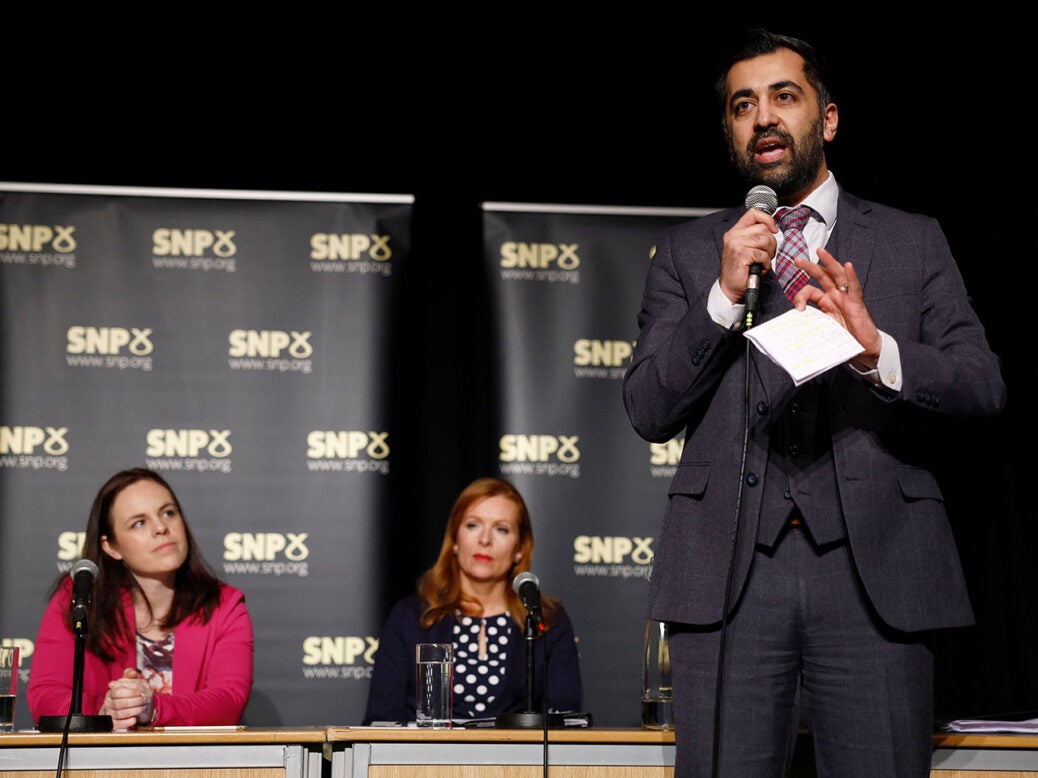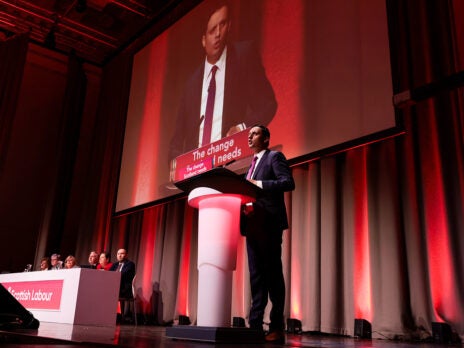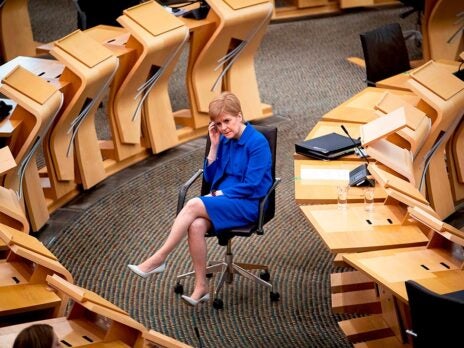
The first SNP members’ poll on the party’s leadership election has been published. It puts Humza Yousaf ahead of Kate Forbes by six points, at 31 per cent to 25 per cent. But 32 per cent of SNP members remain undecided, and the remaining 11 per cent – a potentially squeezable portion – have opted for the more hard-line Ash Regan. While the poll clearly puts Yousaf ahead, justifying his status as the front-runner to succeed Nicola Sturgeon as first minister, the margin is not yet an established one. This could be close.
Party membership polls aren’t famed for their watertight sampling. Surveys of Conservative members for the Tory leadership race last year misjudged the final result by a long way. However, YouGov sampled the Labour Party memberships well in its 2020, 2016 and 2015 leadership elections. Nonetheless Savanta's results make for interesting reading.
The SNP's 100,000-strong membership is largely male, aged in their 50s, but relatively socially liberal. Economically, they tends towards redistribution; on the left-right spectrum, most would end up on the left to centre-left. This reflects the SNP’s own rhetoric, parliamentarians, councillors, and, indeed, most of its voters. But the average member is more liberal than the average voter. And compared with other socially liberal parties, there is a minority of socially conservative members.
In 2018, the Mile End Institute, part of Queen Mary University of London, published research on the views of the members of different parties. In some ways, SNP members were just as liberal as Labour ones – such as on immigration and on austerity. But it was observed that around 20 per cent of those in Labour and the Lib Dems backed stiffer sentences for criminals, compared with 71 per cent among members of the Conservative Party, and, interestingly, 39 per cent of the SNP. On the death penalty – which around four in ten Britons are still in favour of bringing back (a figure down on last decade) – 23 per cent of SNP members concur. This compared with just 9 per cent of Labour's.
[See also: Rishi Sunak’s poll bounce shows that he’s still the Tories’ best hope]
These findings on the more populist narratives of crime and punishment suggest there is an ever-present socially conservative minority within the liberal SNP majority.
When a political party defines itself as a referendum “side”, be it Leave for Ukip or independence for the SNP, there are always factional teething troubles. It's inevitable: a single yes-no question will draw together people who have radically different views on other issues. During Ukip’s 2014-15 rise, for instance, Nigel Farage had to contend with a phalanx of members and key figures of his radical right party who wanted a more economically left-wing economic agenda. In Canada, Bloc Québécois, in the aftermath of its close-run defeat in Quebec's 1995 independence referendum, descended into mudslinging and factionalism over the centrist style of the party's leader. It exists today as more centre left than centrist.
What does all this mean for the SNP leadership race? The fact that the socially conservative Kate Forbes is a mere six points behind the front-runner Yousaf while three in ten remain undecided, suggests a conservative wing exists. But it’s still in the minority. Yousaf isn’t a wholly popular figure among Scots (Forbes edges him on that metric), and she evidently has a strong base, but it still feels like a reach for Scotland's Finance Minister to win over the majority-liberal membership.
[See also: Is Labour really heading for a 314-seat majority?]


